WHAT IS JUNK FOOD?
Unhealthy and junk food includes sweet drinks, chocolates, sweet snacks, chips and crisps, crunchy snack foods, biscuits, cakes most fast food, pies, sausage rolls, jam, and honey. Junk foods are foods that lack nutrients-carbohydrates, vitamins, and minerals—and are high in salt, sugar, or fats.
Unhealthy food is often not conducive to healthy eating, especially when consumed in excess.
Here are the top 10 harmful foods.
Whatever tastes good doesn’t mean it is healthy, either. Here’s a list of 10 unhealthy food which are more harmful than you think.
It’s safe to say that the biggest distraction to us maintaining a healthy diet, is the temptation of junk food. Unhealthy food seems to have the best taste, right? However, controlling your cravings and keeping the consumption of these food items to a minimum is in your best interest. Not only do most of these foods have little or no nutritional value, but they can also create a toxic build-up that adversely affects your overall health.

SUGAR
How many times have you been told by friends, family, or healthcare professionals that you should decrease the amount of sugar in your diet? Have you ever thought that their advice might be exaggerated or unnecessary? Well, it’s not. Sugar is one of the biggest causes of diabetes and obesity worldwide. The consumption of alcohol places significant strain on the liver, pancreas, and digestive system. It puts you at a greater risk of getting the flu, a cold, a hormonal imbalance, or even depression. Remember, not all sugar is harmful, but it’s crucial to consume it in moderation.
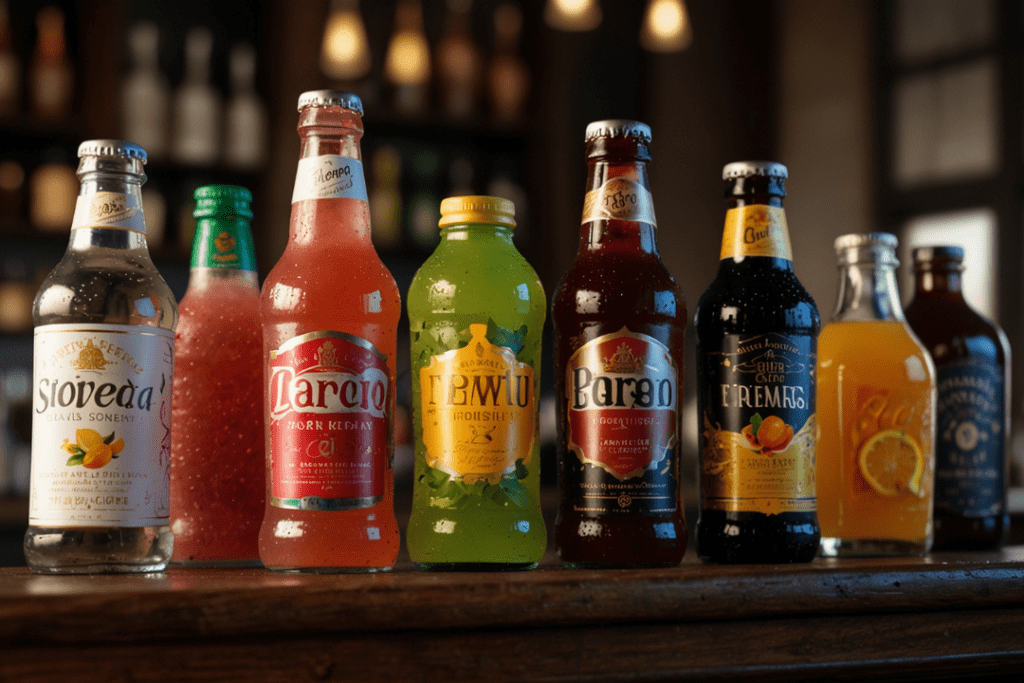
SOFT DRINKS
Carbonated soft drinks are one of the biggest sources of added sugar and caffeine in the diet. Regular consumption of this ultra-processed food item can lead to several health conditions, including obesity, type 2 diabetes, metabolic syndrome, and inflammatory disease. Consider replacing these drinks with healthier options like herbal tea and lemon water for a positive impact on your well-being.
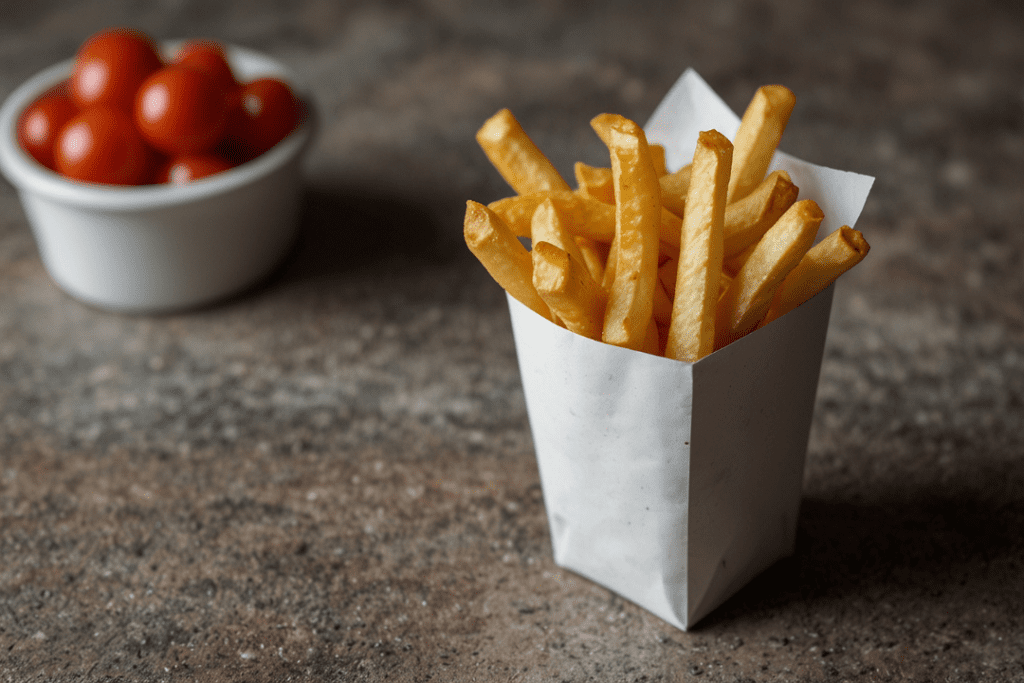
FRIED FOOD
Fried foods are usually coated with flour or flour before flying. When foods are deep-fried in oil, the high heat causes the water within the food to evaporate, leading to a loss of moisture. At the same time, the food absorbs oil, which increases its fat content and consequently, its calorie content. Food manufacturers often apply hydrogenation of fats using high pressure and hydrogen gas to increase the shelf life of their products and their stability, but hydrogenation also when the oil is heated to a very high temperature during cooking. The frying process will change the chemical structure of fats, and make it difficult for your body to break them down, leading to negative health effects

ALCOHOL
Everyone knows alcohol is bad for health. Excessive alcohol consumption can lead to tissue irritation, making them more vulnerable to damage from carcinogens, which are substances that can cause cancer. Additionally, it can result in dehydration, persistent headaches, and increased irritability.
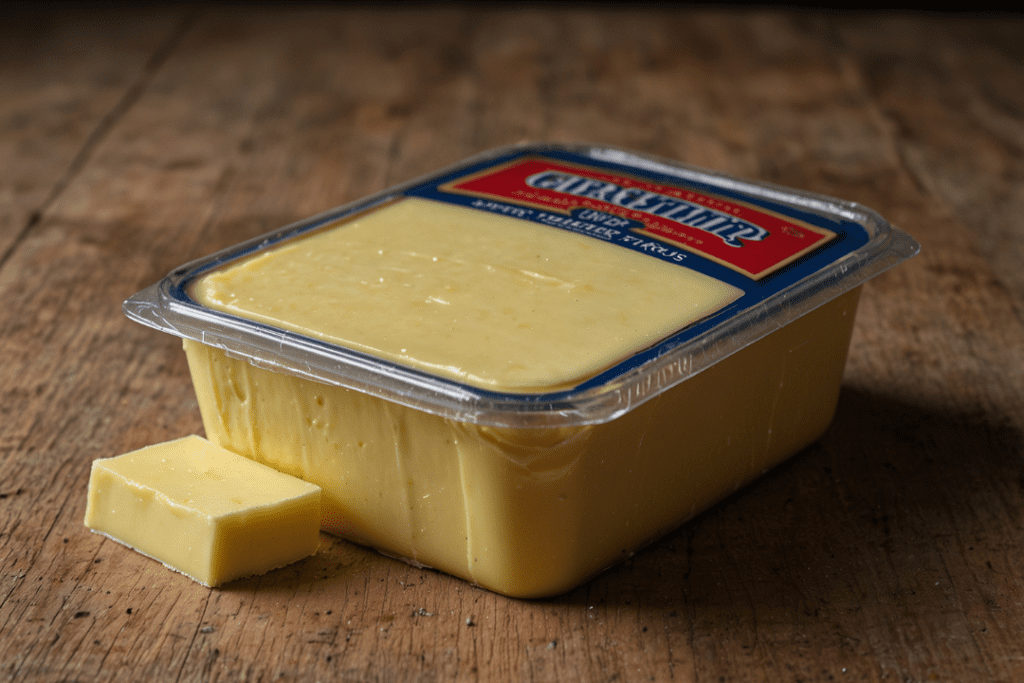
MARGARINE
Margarine, a widely popular spread used for baking, cooking, and flavoring across the globe, has been a kitchen staple for many households. However, it contains unhealthy trans fats that are known to be harmful to our health. These fats are challenging for the body to process and can lead to increased inflammation, elevated levels of bad cholesterol, and damage to the walls of blood vessels.
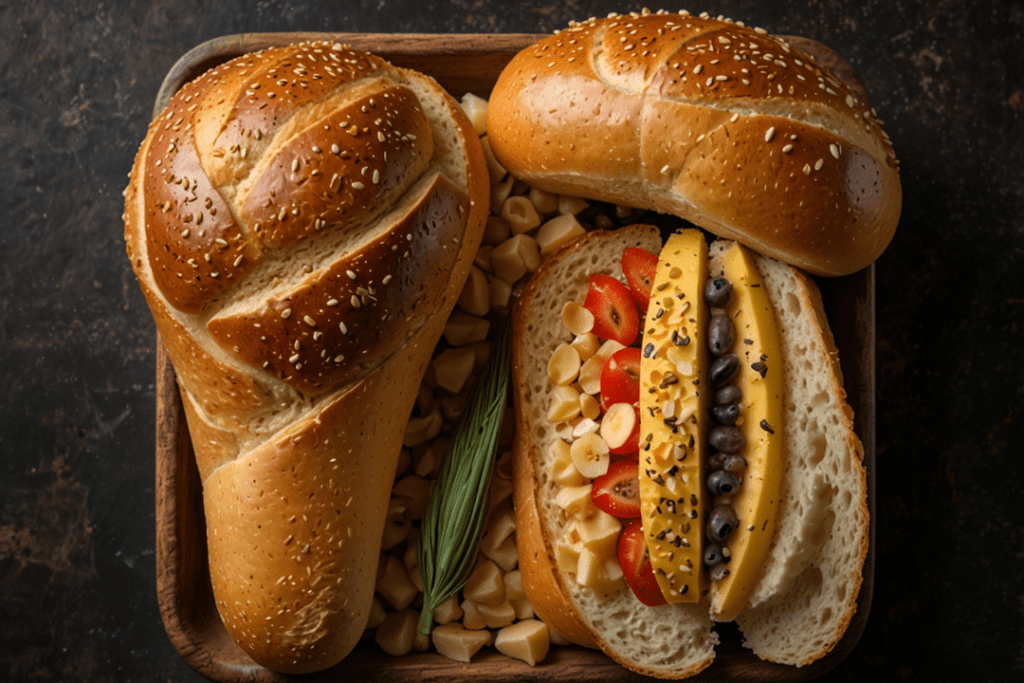
REFINED CARBOHYDRATES
While carbohydrates are a vital part of any well-balanced diet, one should try consuming whole foods and avoid refined grains. Refined carbs, like those in pasta, white bread, and muffins, are quickly broken down by your body. This leads to fast increases in blood sugar levels. thus making these one of the most unhealthiest foods in the world. This can increase your risk of developing type 2 diabetes. Try to eat healthy carbs like barley, brown rice, buckwheat, millet and oatmeal. This will automatically cut down your craving for unhealthy foods.
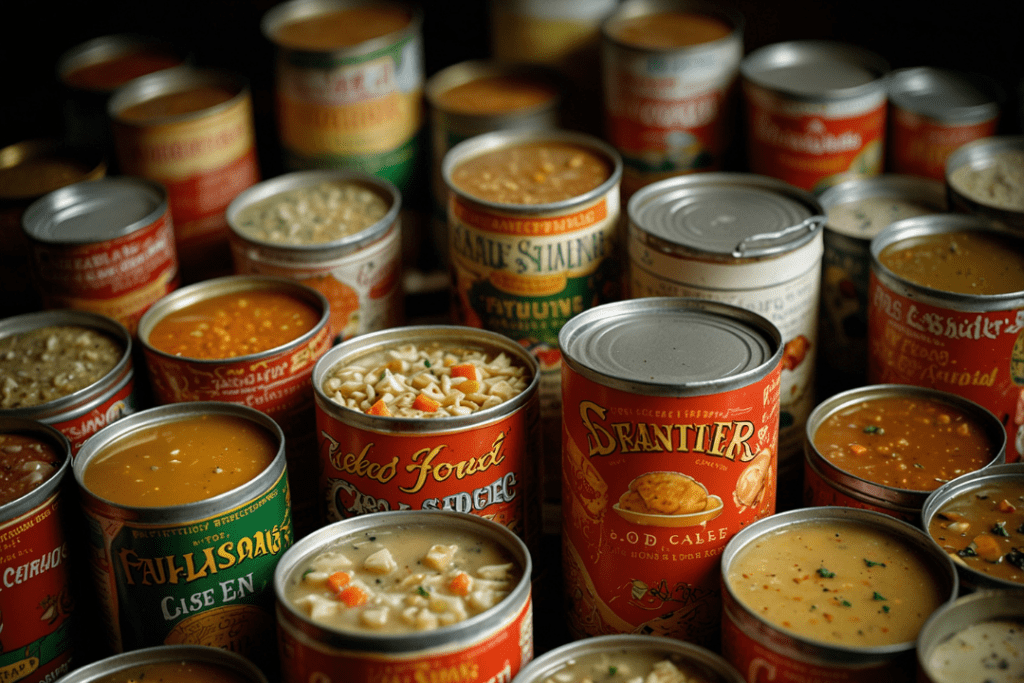
CANNED SOUPS
Canned soup is a nutritious choice for a quick and satisfying snack to ward off hunger pangs. However, contrary to popular belief, these soups are packed with salt. While salt is essential in small quantities, it is a major source of sodium. Excess consumption can increase the risk of hypertension and heart attacks

DOUGHNUTS
Indulging in doughnuts, which are made from refined carbs and white sugar, can significantly impact both your waistline and overall health. They are not just deep-fried but also loaded with trans-fats, which spike cholesterol levels and damage the heart vessels
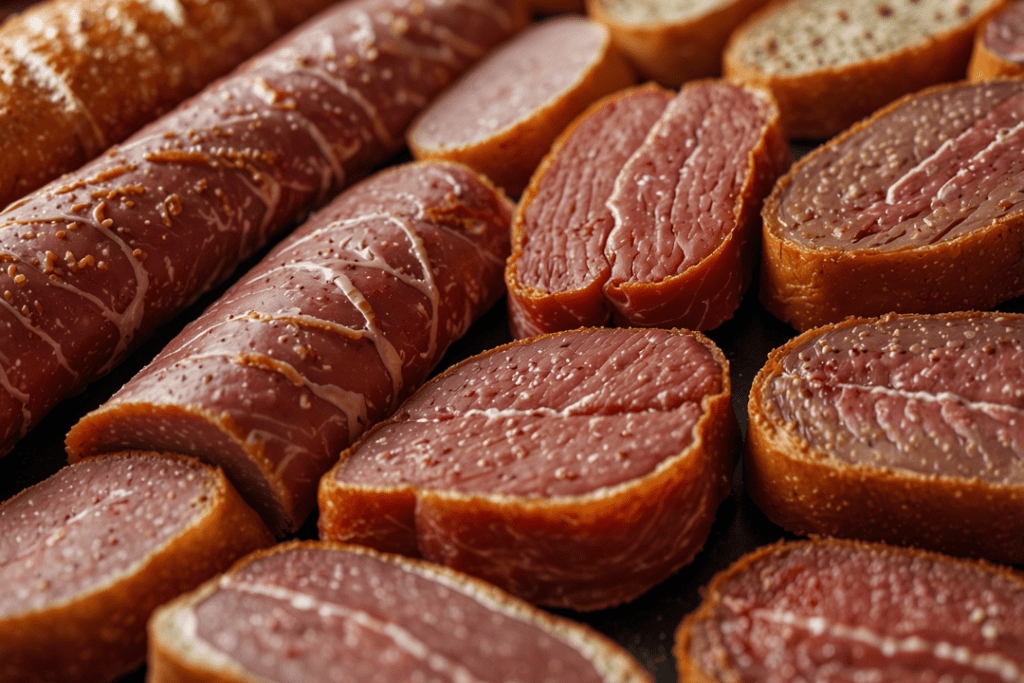
PROCESSED MEAT
Processed meats are high in sodium and nitrates, both of which are quite harmful to your health .Studies have shown that consuming these meats can significantly increase the likelihood of developing colon cancer. Moreover, nitrates convert into nitrites when digested, which can further form nitrosamine, an immensely harmful cancer-causing chemical.
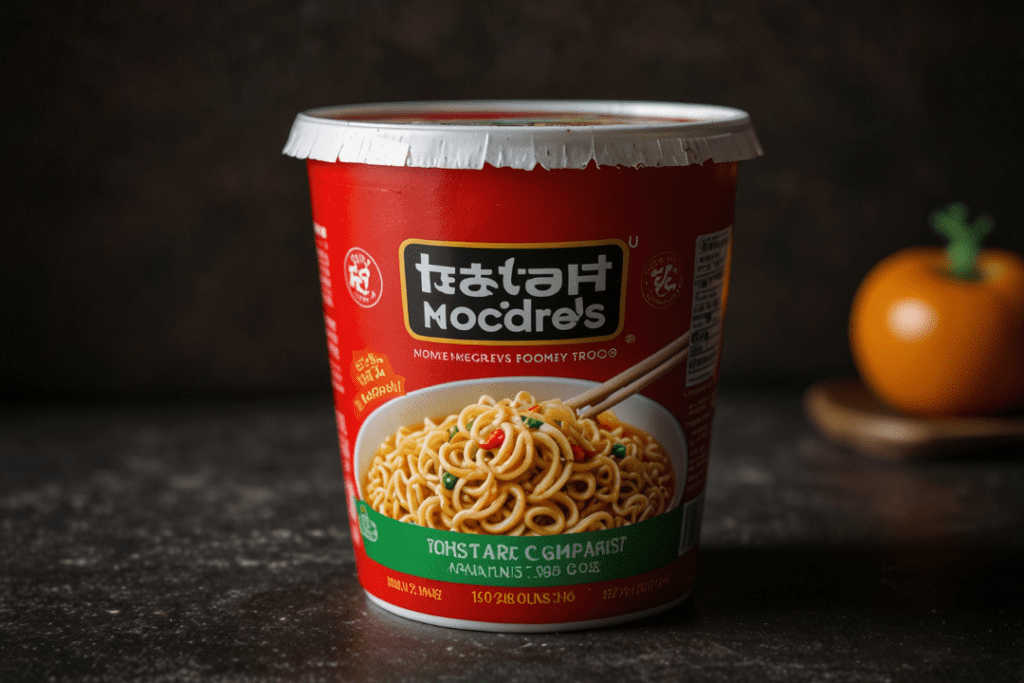
INSTANT NOODLES
One of the best wellness tips you can follow is to avoid any food that starts with ‘INSTANT’. Junk food such as instant noodles, and soups are unhealthy foods .Instant noodles contain an excessive amount of sodium, similar to canned soups. This high sodium content can have negative implications for one’s health if consumed in large quantities.it contains high amounts of monosodium glutamate (MSG), which acts as a toxin for the nerves and the reproductive system.
HOW TO AVOID UNHEALTHY FOOD
- Limit the number of processed foods that you eat
- Avoid To maintain a low-sodium diet, it’s important to be mindful of the sodium content in various common foods. Keep an eye on the sodium levels in everyday items such as sandwiches, burgers, tacos, rice, pasta, grain dishes, and pizza, as well as in meat, poultry, and seafood. By being aware of and limiting the sodium in these foods, you can better manage your sodium intake and support your overall health.
- Avoid food items that are high in saturated fats, sodium, and added sugars.
- Plan ahead and prepare healthy snacks and meals at home made from whole, fresh foods such as fruits and vegetables.
- Don’t skip meals. This can lead to snacking on unhealthy food because you’re hungry.

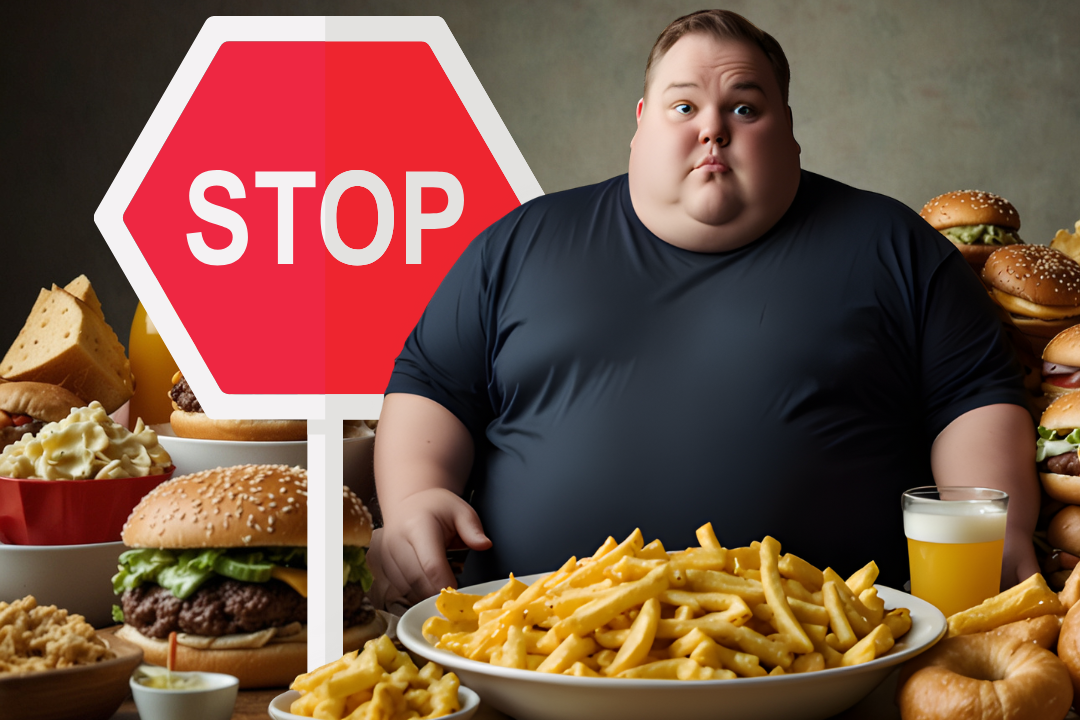
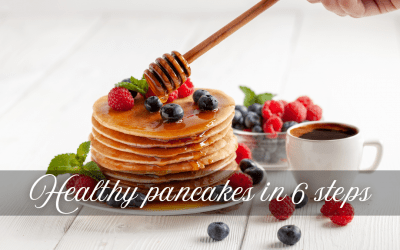


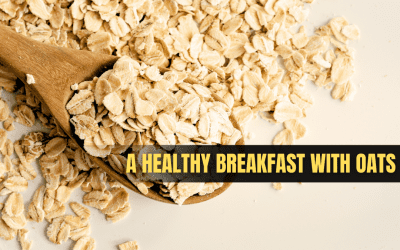
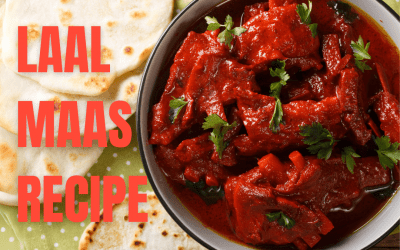

Well said by Ms sujata yadav